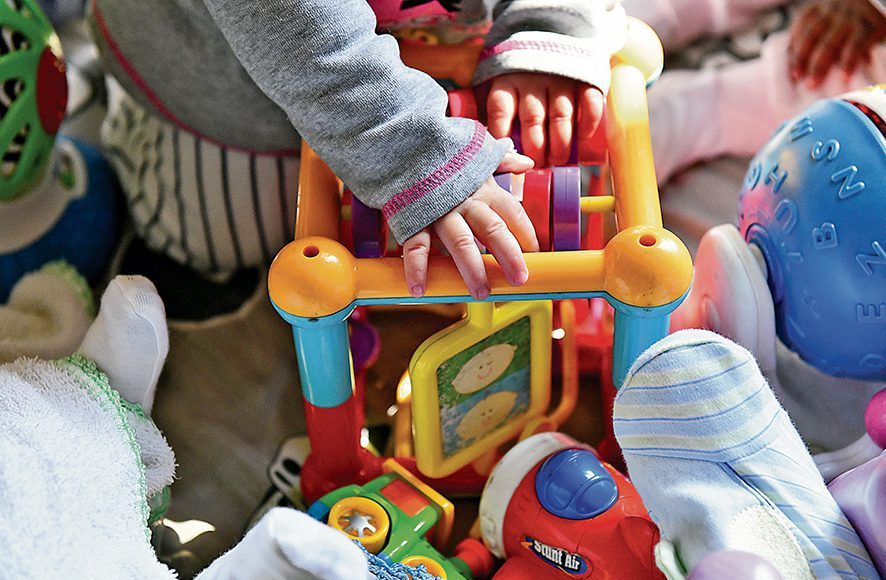As the the function of the early childhood and development (ECD) sector was officially handed over to the Department of Basic Education on Thursday, it has been decried by experts that access to early learning and care, the bedrock of good basic education, have little support from the government.
Reacting to the results of the first census on early childhood development programmes in South Africa, professor Eric Atmore, director of non-profit organisation Centre for Early Childhood Development, said the survey was long overdue.
While applauding the Minister of Basic Education Angie Motshekga for comprehensive information on the state of ECD across South Africa, he said the statistics paint a dismal picture of the sector.
“It clearly illustrates government neglect of our youngest and most vulnerable children and the lack of political will to meet their needs,” said Atmore.
“One of the most shocking findings is that one-third of ECD programmes use pit latrines for children. We know that pit latrines are a danger to young children as a number of children have already fallen into these and drowned. Another finding is that only 28% are fully registered,” he said.
Zaheera Mohammed, CEO of Ilifa Labantwana, which advocates for universal access to early learning opportunities for all children, also noted that “the important work of developing and caring for our children is being done largely without government”.
Mohammed said: “It is unsurprising perhaps that 66% of four- to five-year-olds are not developmentally on track as indicated in the recent release of the Thrive by Five report [which looked at whether the developmental of preschool children was on par with their age].
“Furthermore, with 7 056 000 children aged zero and five, the fact that only 1 660 316 [23%] children were enrolled in early learning programmes surveyed suggests that most children do not have meaningful access to early learning and care opportunities.
“International and local evidence highlights how the availability of early learning opportunities can improve child developmental outcomes, while also impacting caregiver freedom.”
According to the report, there are 42 420 early childhood development providers in South Africa, and only 40% are fully or conditionally registered. In addition, only 33% of the registered or partially register receive a government subsidy.
The department, which took over as the custodian of ECD programmes from the Department of Social Development on April 1, released the summary of the report of the census last week. The full report is expected to be made public in June.
Atmore said there are a number of reasons centres do not register. “First, they do not have the funding to obtain and pay for the municipal clearances that are necessary as it relates to zoning and land use.
“Second, the majority of ECD centres exist in very poor communities where communities cannot afford to get their physical structures to a quality that the Children’s Act requires. Third, the registration process is complex, overregulated and with much red tape that hinders registration,” said Atmore.
Mohammed added: “ECD suffers from a complex web of competing norms and standards [Children’s Act, National Health Act and local by-laws] which lead to significant expectations of ECD providers, many of whom operate informally. Efforts must be made to make registration more inclusive.
“We need a one-step registration process for ECD providers … The infrastructure needs of the sector must be supported,” said Mohammed.
Dr Monica Stach, chairperson of the National Early Childhood Development Alliance, highlighted the need for providing resources and training to ECD practitioners.
“We are concerned that 22% of the practitioners do not have a relevant qualification. ECD practitioners do not have the financial means to obtain a qualification, and sometimes struggle to find a service provider that is close by.
“Training focused on play-based learning and the provision of resources needs to be increased, along with on-site support to implement a quality early learning programme. Programmes such as toy libraries, book-sharing and resource making should be increased.”
Follow @SundayWorldZA on Twitter and @sundayworldza on Instagram, or like our Facebook Page, Sunday World, by clicking here for the latest breaking news in South Africa. To Subscribe to Sunday World, click here




